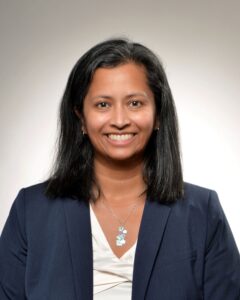
In this monthly column, Defense Daily highlights individuals from across the government, industry and academia whose efforts contribute daily to national defense, from the program managers to the human resource leaders, to the engineers and logistics officers, to defense entrepreneurs. Roshan Roeder is corporate vice president and president of Northrop Grumman’s Defense Systems sector. In this role, Roeder oversees delivery of a broad spectrum of missiles, tactical weapons and components, all-domain command and control architectures, integrated battle command systems, and…












